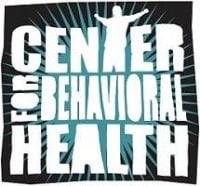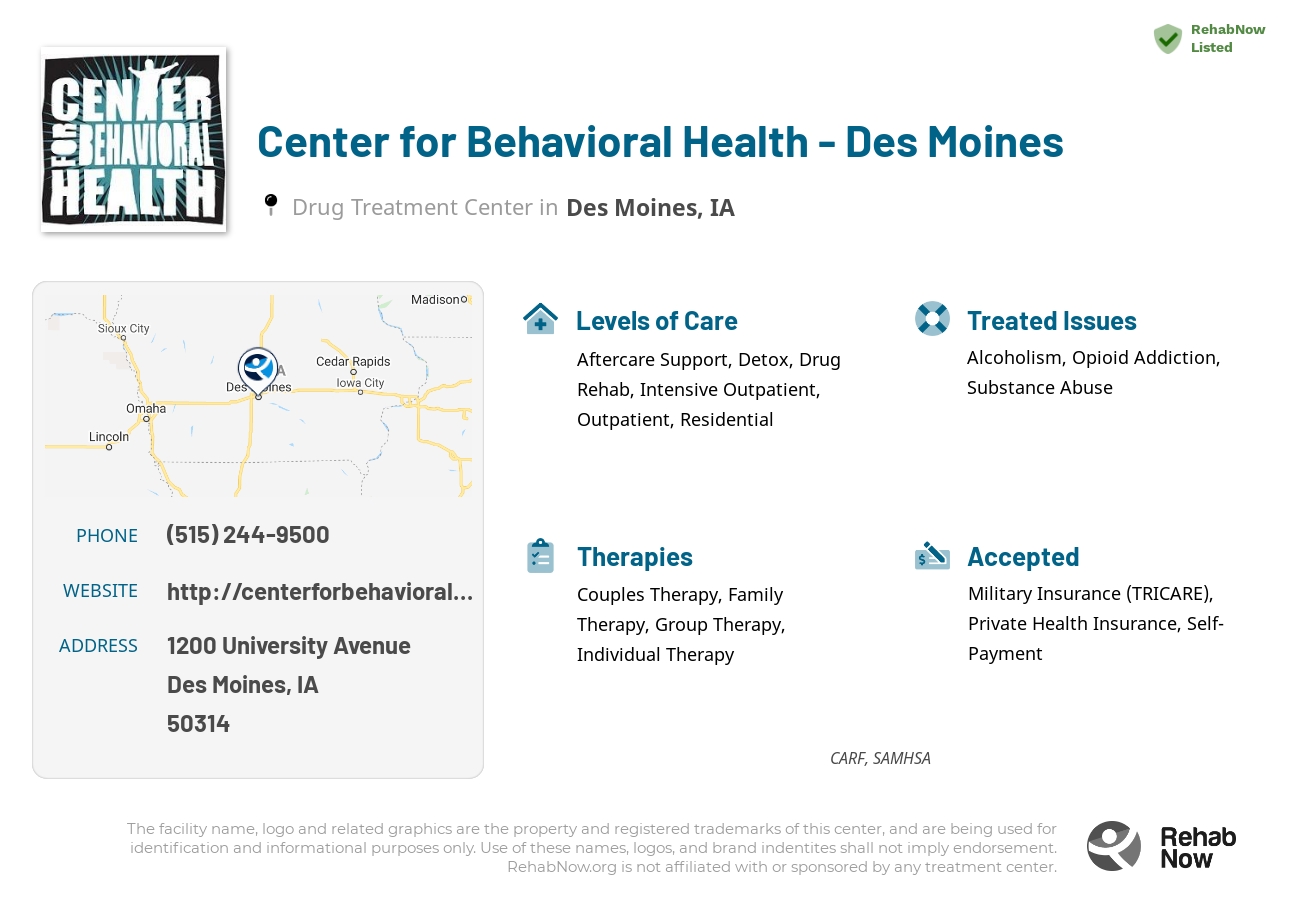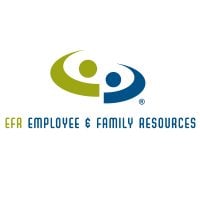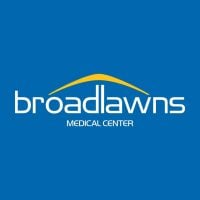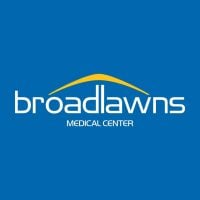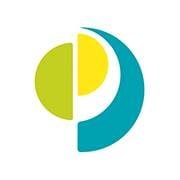Center for Behavioral Health - Des Moines
Drug Rehab Center in Des Moines, Iowa
The Center for Behavioral Health in Des Moines, Iowa is an accredited addiction treatment facility that offers a wide range of comprehensive care options and evidence-based treatment programs for individuals suffering from addiction and mental health issues, including dual-diagnosis levels of care and case management services to address individual needs.
About This Iowa Facility
Center for Behavioral Health - Des Moines is a highly accredited treatment facility located in Des Moines, Iowa. The facility holds certifications from LegitScript, CARF (Commission on Accreditation of Rehabilitation Facilities), SAMHSA (Substance Abuse and Mental Health Services Administration), and JCAHO (Joint Commission on Accreditation of Healthcare Organizations). This recognition ensures that the center adheres to strict standards of quality and safety in providing treatment for various conditions, including Alcoholism, Opioid Addiction, Substance Abuse, Drug Addiction, Mental Health, and Dual Diagnosis. Center for Behavioral Health - Des Moines offers a range of comprehensive treatment options, including Aftercare Support, Detox, Drug Rehab, Intensive Outpatient, Outpatient, Residential, and Dual-Diagnosis Levels of Care. With an emphasis on holistic healing and individualized care, the facility is committed to helping individuals overcome addiction and achieve long-term recovery.
The Center for Behavioral Health - Des Moines provides a variety of services for individuals struggling with addiction and substance abuse. Their offerings include Detox to help individuals safely withdraw from substances, Residential treatment for those in need of intensive 24-hour care, and Outpatient programs for individuals seeking flexible treatment options. The center also provides Dual Diagnosis treatment, addressing both mental health and substance abuse disorders simultaneously. In addition, they offer Intensive Outpatient programs to provide structured support while allowing individuals to maintain their daily routines. The center's comprehensive approach to treatment includes Aftercare Support, ensuring that individuals receive ongoing assistance and guidance as they transition back into their daily lives.
Genders
Ages
Modality
Additional
Accreditations
SAMHSA

LegitScript

JCAHO

CARF
The Commission on Accreditation of Rehabilitation Facilities (CARF) is a non-profit organization that specifically accredits rehab organizations. Founded in 1966, CARF's, mission is to help service providers like rehab facilities maintain high standards of care.
Conditions and Issues Treated
A drug abuser needs help because if no one helps them, they will not leave their vicious circle.
People who abuse drugs are likely to suffer from an addiction, which can cause serious health problems. It can also cause quarrels with people around them. It is common for drug abusers to have difficulty holding down jobs or relationships, but sometimes people around them can be quite tolerant. There are cases where the families of the drug abusers do not want to see them get any help, and the subject becomes controversial.
When it comes to helping drug abusers get sober, there are many options to choose from. It is essential to state that there is no “correct” way of doing things. People are different, and they need different types of help to get over their addiction.
Opioid addiction treatment should be done in a medically supervised drug rehab. Opioid addiction treatment will include detoxification and drug rehab counseling to help both the user and their loved ones learn how to live a successful sober lifestyle. Methadone, buprenorphine, and naltrexone are three medications that can help treat opioid addiction. Individual drug rehab counseling sessions can be helpful to discuss any questions or concerns with the drug treatment program.
Levels of Care Offered at Center for Behavioral Health - Des Moines
This center offers a variety of custom treatment tailored to individual recovery. Currently available are Aftercare Support, Detox, Drug Rehab, Intensive Outpatient, Outpatient, Residential, with additional therapies available as listed below.
Detoxification is the first step in drug addiction treatment. A controlled environment where symptoms can be managed with medication and close observation is provided by drug detoxification. Detoxification is an essential step in the recovery process, but it is also one of the most dangerous. Due to the potential danger, it’s critical to understand what detoxification is and how to complete it safely.
A detox program helps the person physically withdraw from drugs and helps them track their progress. So, suppose the person isn’t ready for sobriety (or relapses). In that case, the treatment professionals can catch it early and help re-orient them towards recovery.
The Intensive Outpatient Program at Center for Behavioral Health - Des Moines is for those who need intensive care but would rather get it in the comfort of their own home. The treatment programs vary in duration and intensity and can be tailored to suit the individual’s needs. IOP helps the patient to live at home and gradually get back to their routine life.
Daily trips to the hospital that provides the treatment include intensive outpatient services (IOP). The patients gradually get back to their everyday lives. IOP benefits the most when the patients have a supportive family member or friend who can encourage them in their recovery.
Individuals struggling with drug addictions can get help from several treatment options, including inpatient and outpatient programs. Outpatient drug treatment programs can also provide patients with different levels of care, usually depending on the patient’s degree of addiction.
At an outpatient program in Des Moines, a patient will attend a recovery program during the day and return home in the evening. Suppose a patient is struggling with drug addiction. In that case, an outpatient program can serve as an effective transition point during the recovery process.
Residential treatment programs are those that offer housing and meals in addition to substance abuse treatment. Rehab facilities that offer residential treatment allow patients to focus solely on recovery, in an environment totally separate from their lives. Some rehab centers specialize in short-term residential treatment (a few days to a week or two), while others solely provide treatment on a long-term basis (several weeks to months). Some offer both, and tailor treatment to the patient’s individual requirements.
Aftercare is a part of drug rehabilitation. It is also known as “post-treatment support.” Aftercare programs are available for addicts after they complete drug rehab. It is often the final step in the recovery process. The goal of aftercare is to ensure that addicts maintain their achievements in rehab and do not relapse. Professionals generally provide aftercare (including addiction therapists, physicians, social workers, psychologists) and involve individual and group therapy sessions.
Therapies & Programs
Individual therapy is a critical component of addiction recovery. It allows the patients to go deep into their core issues and discover how to handle those problems better. Therapy can be conducted in individual sessions as well as group settings. In individual therapy for addiction, the patient meets with their therapist one-on-one to focus on the underlying issues. This allows patients to open up and discuss personal topics they may not feel comfortable discussing in a group setting. This type of therapy can help develop solutions specific to each patient, which helps speed up the recovery process.
Couples therapy is beneficial for couples in which at least one partner has a substance use disorder. This type of therapy can help partners improve communication skills, which is an important factor in a healthy relationship. It can also help partners better understand one another so they have a greater understanding of how the other partner may be feeling.
Benefits of couples therapy include:
- Improvement in communication skills
- Increased understanding of the dynamics within a relationship
- Increased sense of support and trust in the relationship
- Better teamwork between partners/increased willingness to listen and work together
- Enhanced tolerance of each other’s shortcomings
- Improved ability to have open, honest communication with each other
Family therapy is a crucial part of drug treatment and getting sober. It is one of the most effective ways to help addicts stay on the path to long-term sobriety. When a drug addict decides that they want to try and get sober, it takes the support of every person they love to succeed. It can be incredibly difficult for loved ones to watch an addict go through the pain and suffering of withdrawal, but by being there with them and supporting them, they can help to make sure that the addiction never returns.
One of the most important parts of family therapy is the relapse prevention plan. During treatment, therapists and doctors will often sit down with the addict and their family to develop a plan in case the addict ever feels like they want to use again. This plan should involve steps the addict and family can take together to prevent them from relapsing in the future. An addict’s family can play a vital part in helping them to avoid relapse because they can spot the warning signs and help them get back on track before it becomes too much of a problem.
Group therapy helps prevent addicts from feeling isolated or unique in their situation by offering a sense of comfort and fellowship. It also creates a forum for addicts to build their support systems and learn from each other. The group therapy sessions at Center for Behavioral Health - Des Moines occur in a group setting rather than one-on-one to create a safer, controlled environment where addicts feel comfortable.
Payment Options Accepted
For specific insurance or payment methods please contact us.
Is your insurance accepted?
Ask an expert, call (888) 674-0062
Center for Behavioral Health Associated Centers
Discover treatment facilities under the same provider.
- Center for Behavioral Health - Davenport in Davenport, IA
- Center for Behavioral Health - Sioux City in Sioux City, IA
Learn More About Center for Behavioral Health Centers
Additional Details
Specifics, location, and helpful extra information.
Des Moines, Iowa 50314 Phone Number(515) 244-9500 Meta DetailsUpdated November 25, 2023
Staff Verified
Patient Reviews
There are no reviews yet. Be the first one to write one.
Des Moines, Iowa Addiction Information
Iowa ranks 2nd lowest in the nation for illicit drug use, but 12% of its residents are still using these drugs every single year. Methamphetamines account for more than 90% of all drug-related prison admissions in Iowa. Alcohol is the most widely abused substance in the state, with 23% of residents admitting to heavy drinking.
In Des Moines, the number of drug-related deaths has increased in recent years. In 2013, there were 31 drug-related deaths, which is up from 26 in 2012 and 23 in 2011. The majority of these deaths were caused by heroin or prescription opioids. Some of the most commonly abused drugs include marijuana, cocaine, heroin, and prescription opioids. If you or someone you know is struggling with addiction, please reach out for help.
Treatment in Nearby Cities
- Cedar Falls, IA (88.9 mi.)
- Cresco, IA (145.5 mi.)
- Fairfield, IA (95.9 mi.)
- Des Moines, IA (1.0 mi.)
- Atlantic, IA (72.8 mi.)
Centers near Center for Behavioral Health - Des Moines
The facility name, logo and brand are the property and registered trademarks of Center for Behavioral Health - Des Moines, and are being used for identification and informational purposes only. Use of these names, logos and brands shall not imply endorsement. RehabNow.org is not affiliated with or sponsored by Center for Behavioral Health - Des Moines.
